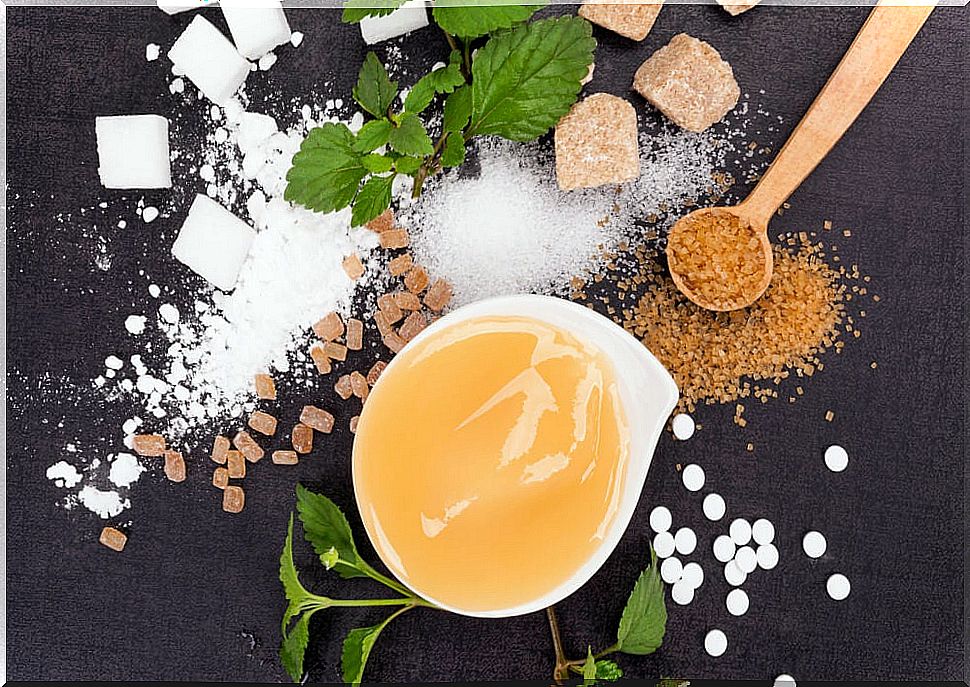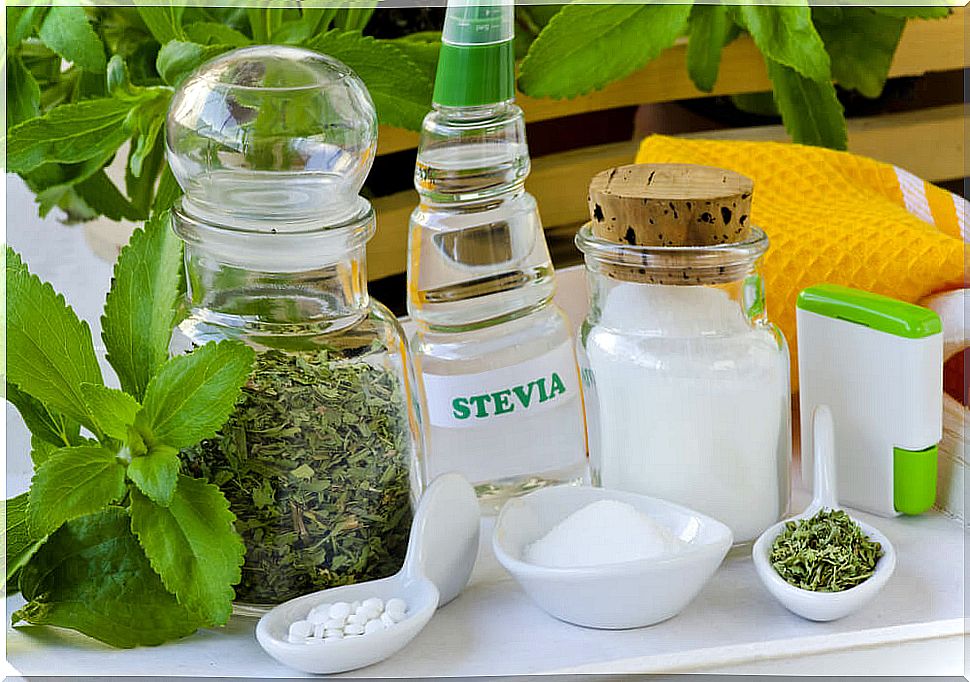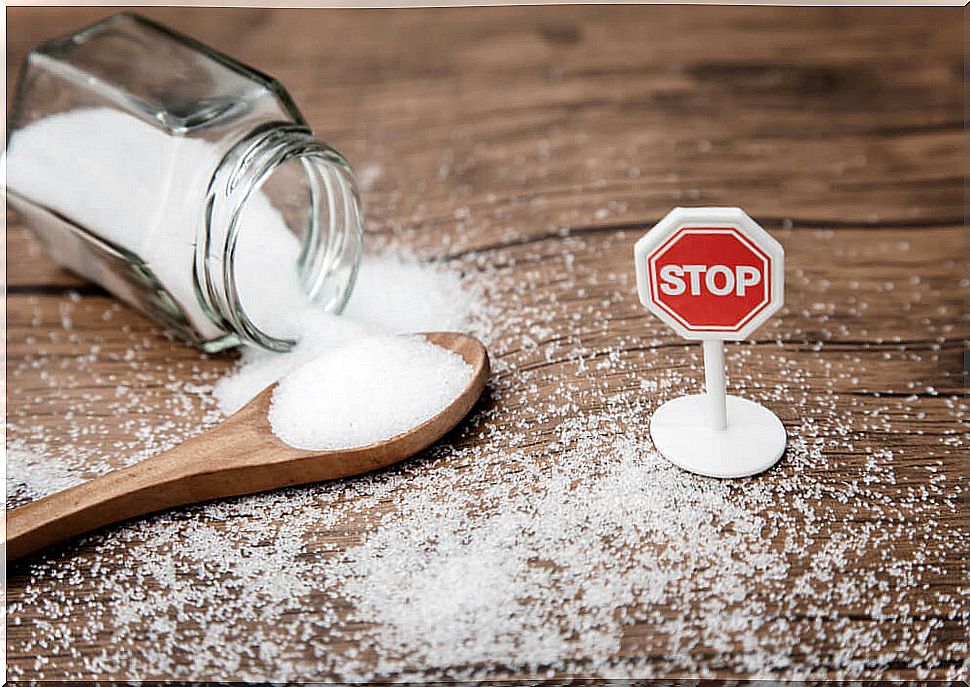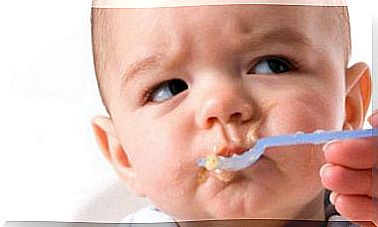Are Synthetic Sweeteners Suitable For Children?

Childhood overweight and obesity is an epidemic, which is why sugar is increasingly being replaced by sweeteners in children’s diets. But are synthetic sweeteners suitable for children?
Synthetic Sweeteners for Children
For years ‘low’ or no calorie sweeteners have been used as substitutes for all or part of the sugar content in foods and beverages. But, in recent decades, its consumption has increased in both adults and youth.
Its use is linked to dietary alternatives in weight control or diabetes, but also to prevent cavities. Although some studies question these possible benefits, both in adults and children.
Synthetic sweeteners for children and their relation to health
Weight
Sweeteners are generally thought to help you lose weight. Rs true that they have fewer calories than sugar, but, even so, they do not always help us lose weight or reduce the risk of diabetes.

Some observational studies have related the increase in the Body Mass Index (BMI) with the consumption of caloric sweeteners, although these data should not be interpreted as evidence of causality, but rather as a sample of the greater probability of consumption in the population with obesity and sedentary lifestyle.
The substitution of sugar for sweeteners is not necessarily associated with a lower overall caloric intake, and could induce unbalanced eating behaviors with high consumption of sweetened and low-calorie products.
Impaired glucose tolerance
The body reacts to these synthetic sweeteners differently than it does to sugar, as they can have effects on glucose metabolism, gut microbiota, and appetite control, which can have negative effects on children.
The intake of sweeteners and sugar could induce a neuronal response that conditions a faster absorption of sugars, also increasing the secretion of peptides related to glucagon, or insulin. Therefore, glucose intolerance can develop through changes in the gut microbiota.
Dental damage
In the child population, in addition to fluoride deficiency, cavities are still frequent. After eating sweet foods, there is usually no proper oral hygiene. On the other hand, in infants, prolonged consumption of juices or other sugary drinks rich in fructose or sucrose in the bottle increases the risk of dental damage.
Among the sweeteners, sugar polyalcohols or sucralose, among others, have been declared with healthy properties to avoid this pathology.
Synthetic sweeteners for children: consumption recommendations
When referring to children, the American Dietetic Association stated that artificial sweeteners are safe to use within the range of the Recommended Daily Intake. The American Academy of Pediatrics , for its part, stated that synthetic sweeteners have been inadequately studied for use in children. Therefore, they should not form a significant part of the diet.

According to the Nutrition Committee of the Spanish Society of Pediatrics , they cannot be used in infant formulas, continuation formulas, cereals, baby foods or in diet foods for young children intended for special medical purposes, except when expressly indicated . At later ages, it would be necessary to control foods such as soft drinks, fruit juices, or dairy products that are sugary or sweetened
The committee also states that sweeteners are safe in the general population, including pregnant women. Although this type of additives should only be used in childhood as an alternative when other forms of obesity prevention are not enough.
Finally, the committee points out that sweeteners associated with a moderate and balanced diet can help limit the consumption of refined sugar in the diet, as well as for the prevention of diseases such as obesity and diabetes.
Conclution
As we have seen, according to studies and expert recommendations, sweeteners can modify certain physiological mechanisms in both children and adults.
But, as there are no conclusive studies, it is better to consume them sporadically and not regularly as a substitute for sugar. The best option is for our children to eat food naturally from a young age, so that they get used to its natural flavor.










